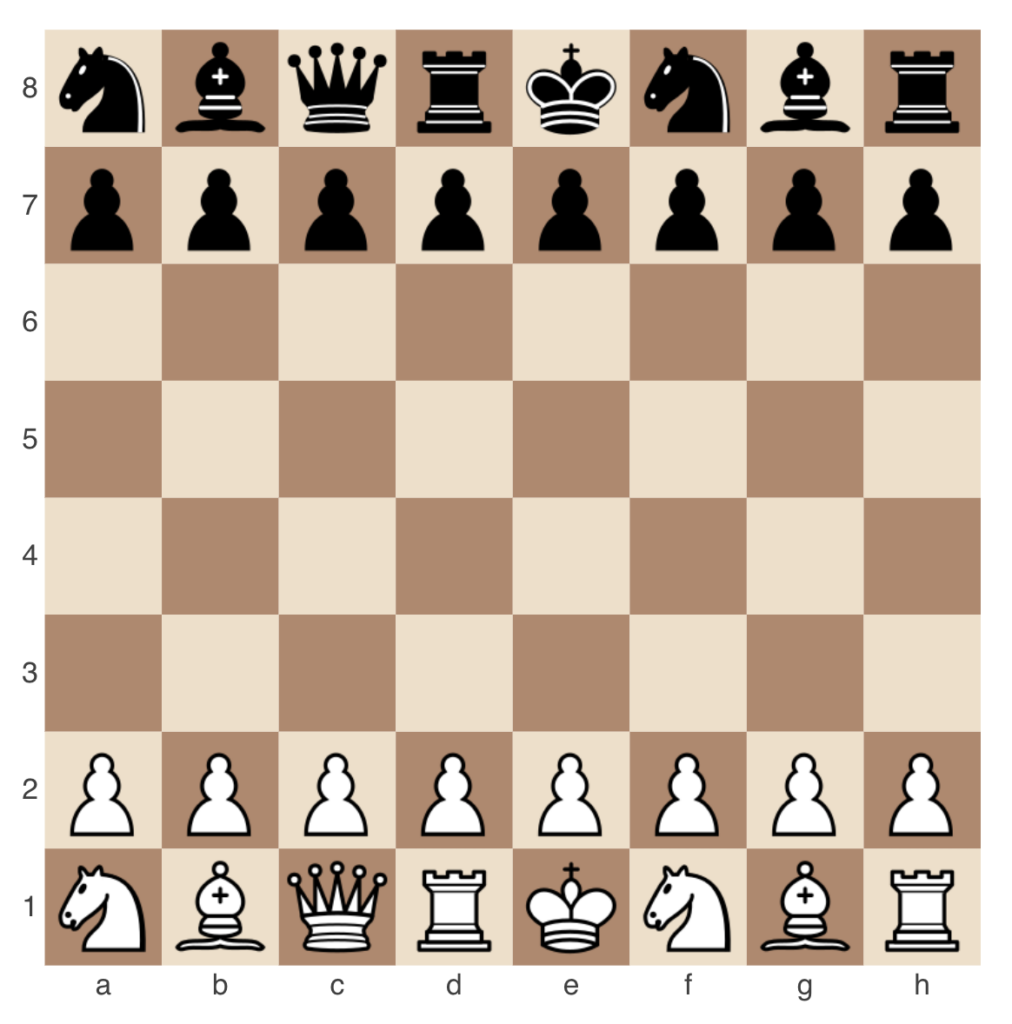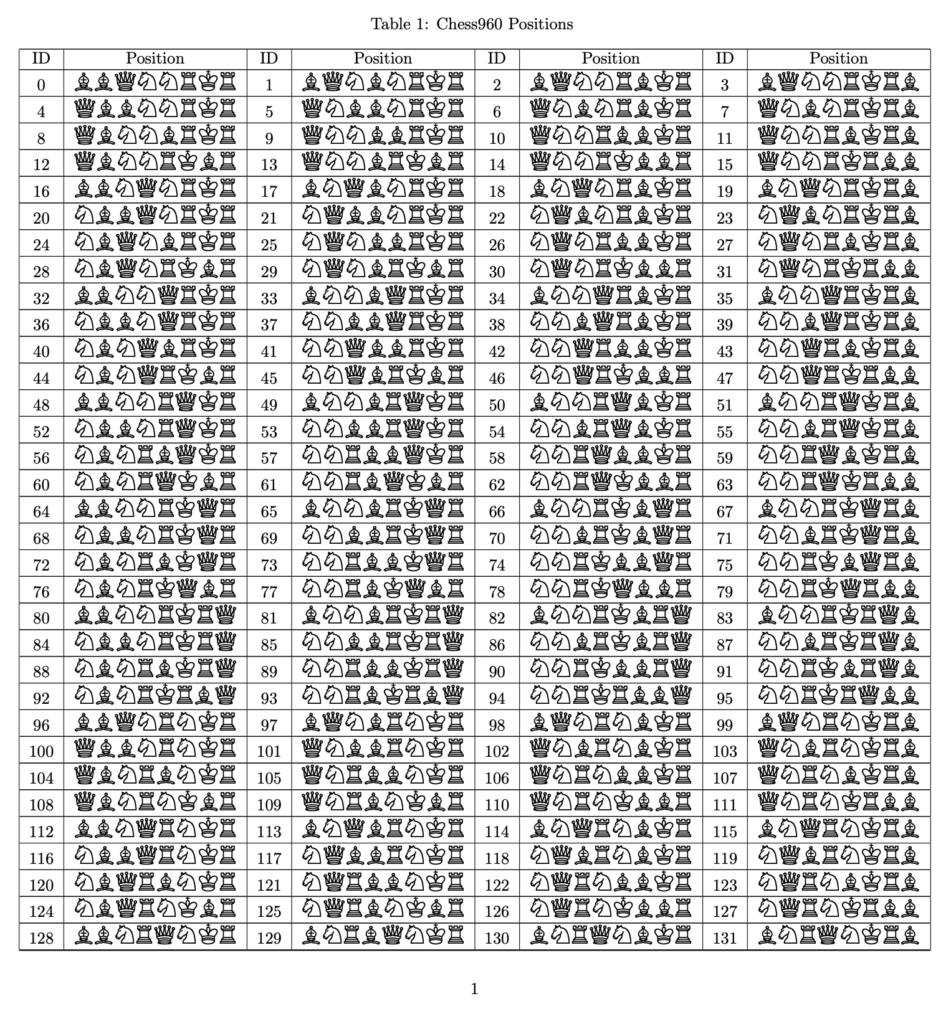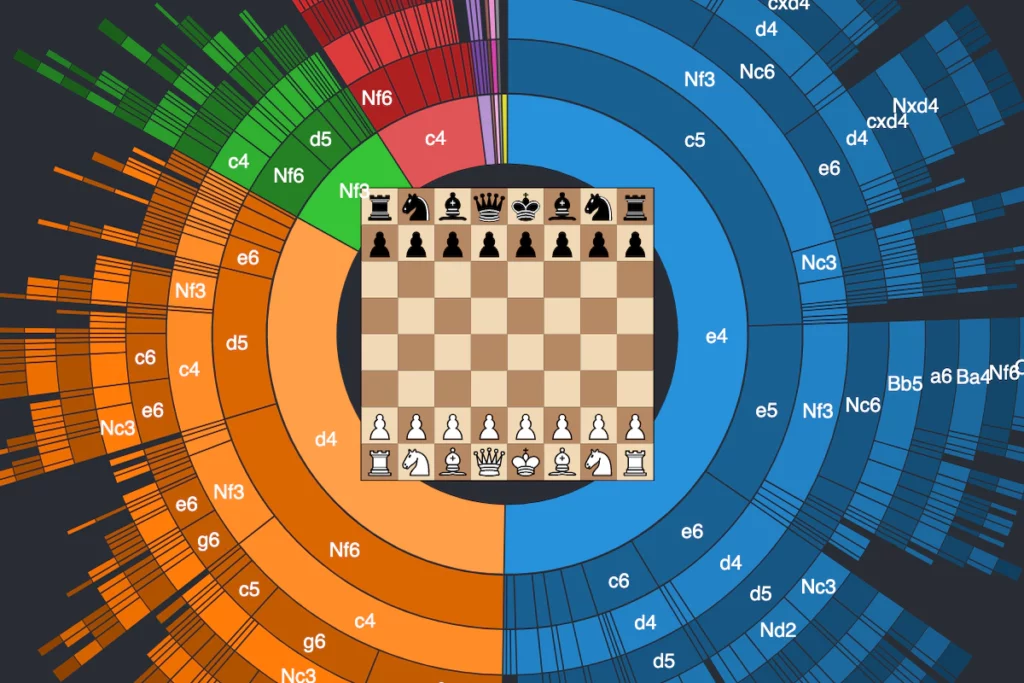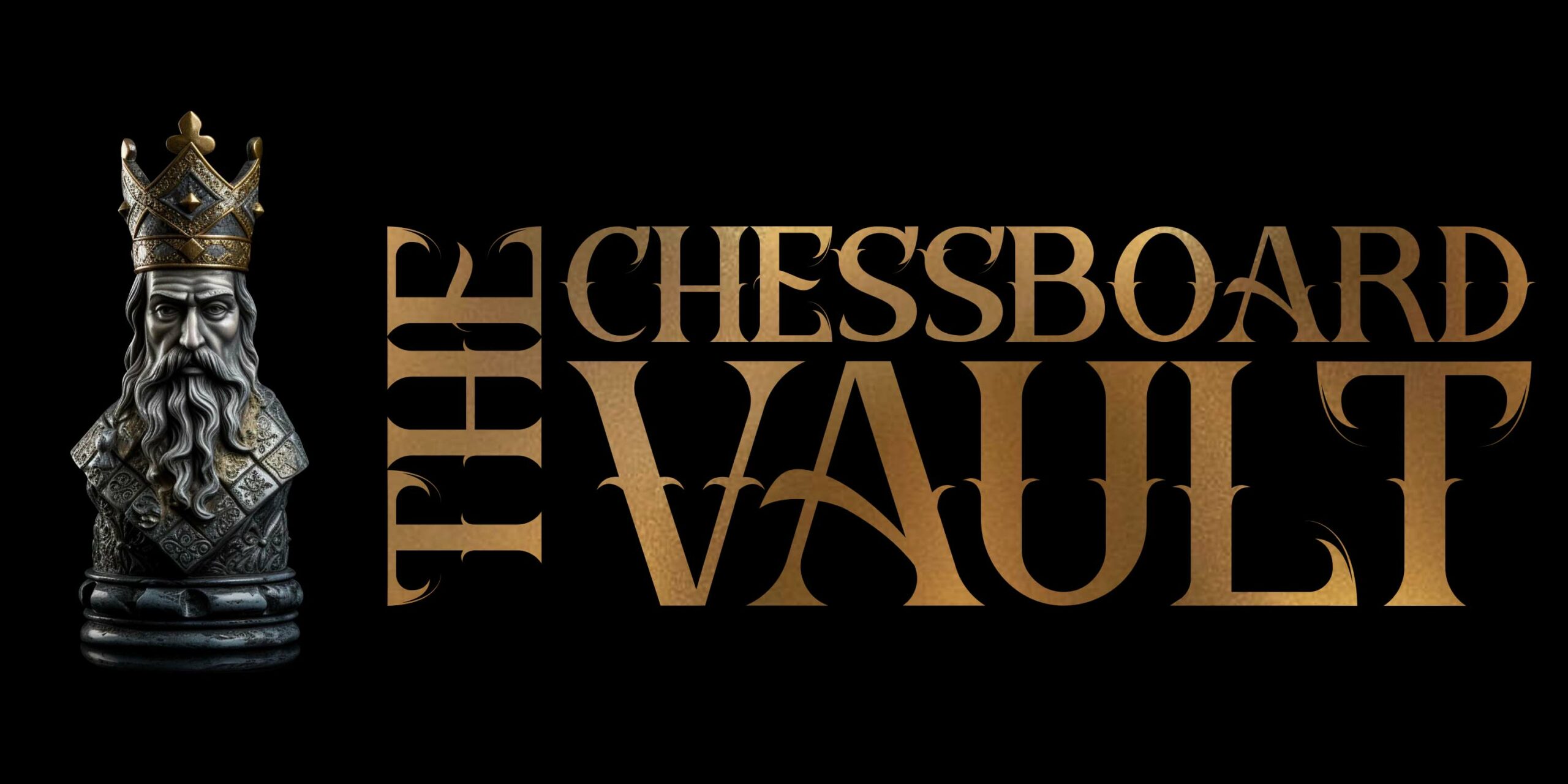What is Chess960? Imagine sitting down at a chessboard, ready for battle, only to find the familiar starting positions completely shuffled. The rooks no longer stand guard at the corners, the queen might be lurking on an unexpected square, and the bishops eye the battlefield from entirely new vantage points. This is Chess960, also known as Fischer Random Chess—a variant designed to strip away the predictable patterns of traditional chess and plunge players into a world of pure creativity.
Born from the visionary mind of Bobby Fischer, one of the greatest players in chess history, Chess960 was his answer to what he saw as a growing problem: chess games dominated by memorized openings and pre-game preparation. “Creativity is dead,” Fischer famously lamented, and with Chess960, he sought to revive it. By randomizing the back-rank pieces into 960 possible configurations, every game begins as an unexplored adventure, where ingenuity and adaptability triumph over rote learning.

Could Chess960 be the future of chess? Or will it forever remain an exciting sideline to the classical game we know and love?
1.What is Chess 960?
This is an example of chess 960 starting position, all the first row pieces and randomly placed:

So why is it called chess 960?
Because there are 960 different starting position and here is an extract:

Many puzzles to think of! Chess960 is played both on physical boards and online platforms like Chess.com, Lichess, and FIDE-approved events, making it accessible worldwide. Here is a position generator.
Usually the players can see the board a couple of minutes before the game to get the chance to think about their first moves.
The format encourages creativity and strategic thinking, as players must adapt to unfamiliar positions from move one. It’s a fantastic way to develop intuition, explore novel tactics, and experience chess in a fresh, dynamic way. Whether you’re a seasoned player or a beginner, Chess960 offers a unique challenge that emphasizes pure skill over memorized patterns.
2.Why is Chess 960 Interesting?
Chess960, also known as Fischer Random Chess, is fascinating because it shatters the predictability of traditional chess by randomizing the back rank setup, resulting in 960 unique starting positions. This immense variability dramatically expands the game’s decision tree.

While standard chess already has an estimated 1012310^{123}10123 possible games, Chess960 multiplies this exponentially, creating a playground where opening preparation and memorization hold little sway.
The total number of possible games in Chess960 is truly astronomical, far surpassing what we can imagine in physical terms.
Key Numbers:
- 960 unique starting positions: Chess960 gets its name from the 960 legal ways to arrange the back rank pieces while following chess rules (e.g., the king must be between the rooks for castling).
- Exponential growth in possible games: In standard chess, the total possible games are estimated to be 1012310^{123}10123. Chess960, with its 960 starting positions, multiplies this by 960, resulting in approximately:960×10123=9.6×10125.960 \times 10^{123} = 9.6 \times 10^{125}.960×10123=9.6×10125.
- Comparison to the universe: For context, the number of atoms in the observable universe is estimated to be around 108010^{80}1080. The number of Chess960 possible games is: Nearly 10^45 times larger!
This staggering difference highlights just how vast Chess960’s game tree is. The randomization of starting positions ensures players encounter practically infinite diversity, even at the highest levels. Unlike standard chess, where opening preparation dominates, Chess960 focuses on creativity, ingenuity, and raw calculation, as it’s impossible to memorize or pre-prepare for such a colossal variety of games.
Bobby Fischer, who introduced the format, famously declared, “Chess is dead,” criticizing how modern chess had become dominated by rote learning and computer-assisted preparation. Chess960 eliminates this issue by requiring players to think creatively from move one. Grandmaster Peter Svidler called it, “the closest thing to pure chess.”
One of the most intriguing aspects is how castling works in Chess960. Although the move is still allowed, it depends on the starting positions of the king and rooks, which vary in each game. This forces players to rethink their king safety plans dynamically, often leading to unconventional approaches. The patterns of pawn structures and piece coordination—so familiar in traditional chess—are also far less predictable, encouraging players to rely on core principles rather than memorized patterns.
Mathematically, Chess960 fosters an environment of creativity and innovation. By removing the burden of exhaustive opening theory, players can focus on tactics, strategy, and problem-solving in unexplored positions. Whether in casual play or the FIDE World Championship format, Chess960 represents a return to chess’s roots—a test of ingenuity where no game feels repetitive, and true skill outweighs preparation.
3. What are the Chess 960 Tournaments?
Chess960, also known as Fischer Random Chess, is a creative chess variant that randomizes the starting positions of pieces. This format emphasizes strategy and innovation by eliminating reliance on opening theory.
Here are some key events in Chess960’s history and evolution:
- Freestyle Chess G.O.A.T. Challenge
- Inaugurated in February 2024 at Gut Weißenhaus, Germany.
- Organized by Magnus Carlsen and investor Jan Henric Buettner.
- Featured top players like Fabiano Caruana and Ding Liren.
- Magnus Carlsen won the event, defeating Fabiano Caruana in the final.
- Freestyle Chess Grand Slam Tour
- Announced in March 2024 by Carlsen and Buettner.
- A series of five tournaments across five continents starting February 2025.
- Aims to crown a Freestyle Chess World Champion based on cumulative performance.
- FIDE World Fischer Random Chess Championship
- Official world championship for Chess960, organized by FIDE.
- First held in 2019, with Wesley So winning the inaugural title.
- Features elite players competing in classical, rapid, and blitz formats.
- Champions Showdown 960
- Hosted by the Saint Louis Chess Club.
- Brings together top grandmasters like Fabiano Caruana and Hikaru Nakamura.
- Focuses on rapid and blitz games in Chess960 format.
- Online Chess960 Tournaments
- Platforms like Chess.com and Lichess host regular Chess960 competitions.
- Includes events such as Titled Tuesdays and arenas open to all skill levels.
- Features rapid and blitz formats for global participation.
These events reflect Chess960’s growing influence, showcasing its dynamic and innovative approach to modern chess.
Conclusion
With randomized starting positions leveling the playing field, the format fosters creativity, strategy, and a deeper focus on the middlegame.
Events like the Freestyle Chess G.O.A.T. Challenge, the FIDE World Fischer Random Chess Championship, and the upcoming Freestyle Chess Grand Slam Tour underline its growing prominence in competitive chess. Online platforms such as Chess.com and Lichess ensure accessibility, allowing players of all skill levels to engage in this innovative format.
The involvement of world champions like Magnus Carlsen has added prestige and visibility to Chess960, turning it into a global phenomenon. As the chess community embraces this evolution, Chess960 is not just a variant but a statement about the endless possibilities of the game.

